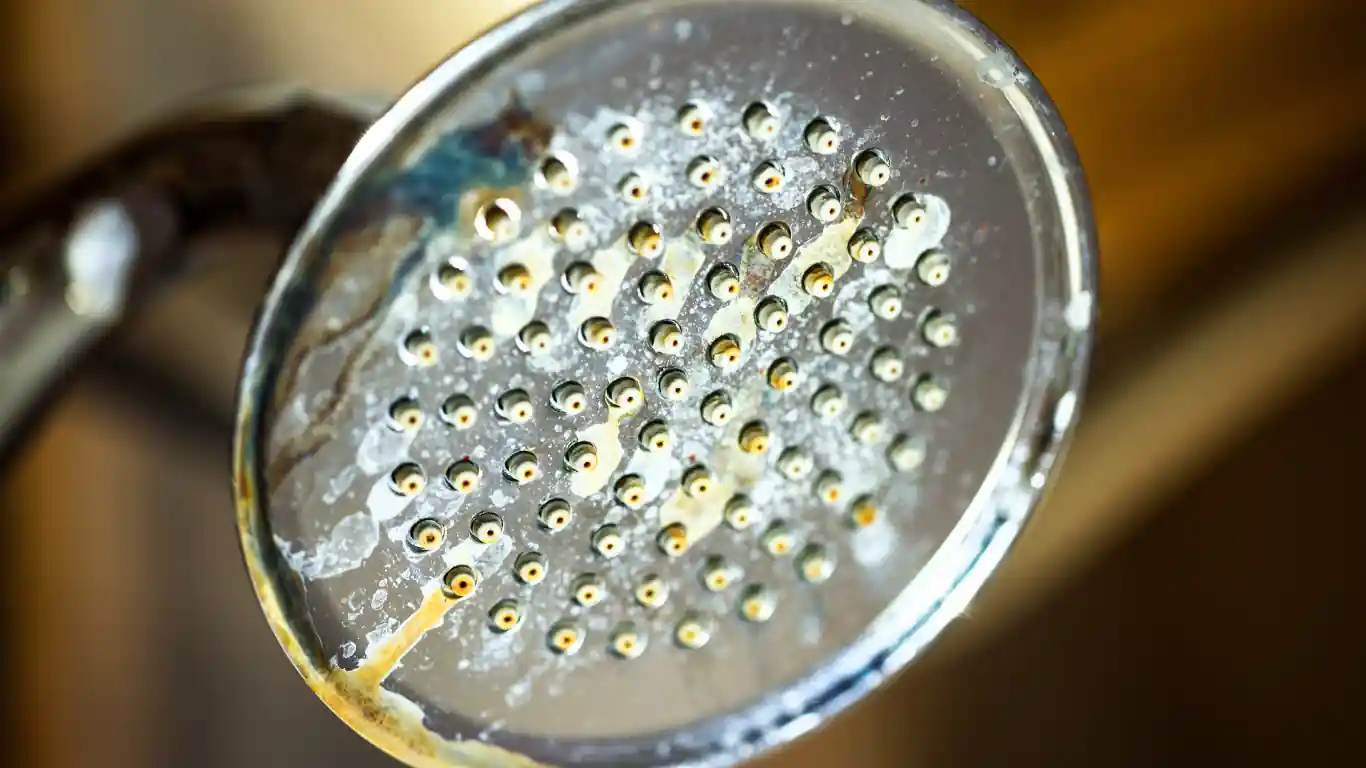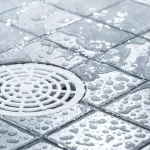Hard water is a prevalent issue for many households in Toronto, and it can lead to a range of problems from scale buildup in pipes to reduced effectiveness of cleaning products. Water softeners offer a practical solution to these issues, enhancing the efficiency of your home’s plumbing system and improving overall water quality.
Understanding Water Softeners
How Water Softeners Work?
Water softeners operate by exchanging minerals like calcium and magnesium, which cause hardness, with sodium or potassium ions. This process, known as ion exchange, effectively reduces the hardness of the water, preventing scale buildup and soap scum.
Types of Water Softeners
When it comes to selecting a water softener, understanding the different types available can help you make an informed decision based on your specific needs. Each type of water softener operates differently and has its own set of advantages and limitations. Here’s a closer look at the main types of water softeners:
-
Salt-Based Ion Exchange Softeners
How They Work: Salt-based ion exchange softeners are the most commonly used and widely recognized for their effectiveness. These systems operate by removing calcium and magnesium ions, which cause water hardness, and replacing them with sodium ions.
Features:
Efficiency: Highly effective at reducing water hardness and preventing scale buildup in pipes and appliances.
Maintenance: Requires regular salt refills and periodic cleaning of the resin tank.
Cost: Generally involves higher upfront costs and ongoing maintenance expenses due to salt and resin replacement.
Best For: Households with significant hard water problems where effective removal of hardness is a priority.
-
Salt-Free Water Conditioners
How They Work: Unlike traditional softeners salt-free conditioners do not actually soften the water. Instead they use a process to alter the structure of the minerals, preventing them from forming scale deposits. This process is often referred to as “template-assisted crystallization” or TAC.
Features:
Efficiency: Helps prevent scale buildup but does not remove hardness from the water.
Maintenance: Low maintenance with no need for salt or chemicals.
Cost: Generally lower ongoing costs as there is no need for salt or frequent replacements.
Best For: Households looking for a low-maintenance solution or those concerned about sodium intake. Ideal for moderately hard water conditions.
-
Magnetic and Electronic Softeners
How They Work: Magnetic and electronic softeners utilize magnetic fields or electronic pulses to modify the behavior of hard water minerals. This alteration helps reduce scale formation and can improve the performance of soaps and detergents.
Features:
Efficiency: Effectiveness can vary based on water conditions and the strength of the magnetic or electronic field.
Maintenance: Minimal maintenance required as these systems have no moving parts or consumables.
Cost: Typically lower initial cost but effectiveness is often debated.
Best For: Those seeking a low-cost, low-maintenance option; effectiveness may be less predictable compared to traditional systems.
Why do You Need a Water Softener?

- Healthier Skin and Hair
- Longer-Lasting Appliances
- Reduced Soap and Detergent Usage
- Prevents Scale Buildup
If you’re noticing scale buildup, dry skin, and hair, faded clothes, or decreased water pressure, it’s likely time to consider a water softener. These signs indicate hard water is affecting your home.
Key Features to Consider
Choose a water softener based on your household size and water usage. A larger capacity softener may be necessary for bigger families or those with high water consumption.
Consider whether you prefer a timer-based, metered, or manually regenerated system. Each has its benefits, depending on your lifestyle and water usage patterns.
Water Softener Installation and Maintenance
While some homeowners opt for DIY installation, professional installation ensures your system is set up correctly and functioning efficiently.
Regular maintenance, like salt refilling and system cleaning, is crucial to keep your water softener in top shape and prolong its lifespan.
Choosing the Right Water Softener
1. Evaluate Your Water Quality
Before purchasing a water softener, it’s essential to understand the hardness level of your water. Use a water testing kit to determine the concentration of calcium and magnesium in your water. This information will help you select a system with the appropriate capacity and features.
2. Consider Household Size
The size of your household affects your water usage and, consequently, the capacity required for your water softener. Larger households with higher water consumption may need a system with a higher capacity to effectively handle the water volume.
3. Set a Budget
Water softeners come in a range of prices, and while it’s important to consider your budget, remember that the cheapest option may not always provide the best value. Consider long-term costs, including maintenance and operational expenses, in addition to the initial purchase price.
4. Research Brands and Models
Compare different brands and models based on:
Warranty: Look for a system with a robust warranty to cover potential repairs or defects.
Customer Service: Choose a brand known for excellent customer support and responsive service.
User Reviews: Read reviews from other homeowners to gauge reliability and performance.
5. Quality vs. Price
While price is a significant factor, prioritize quality and suitability over cost. A higher-quality system that matches your needs will offer better performance and longer-lasting benefits.
Best Water Softener: Expert Picks and Consumer Favorites
In the market for water softeners, certain brands and models stand out due to their efficiency, reliability, and advanced features. Brands like WaterBoss, Culligan, and Fleck are often top picks among experts and consumers alike.
- WaterBoss: Known for its compact design and efficient water-softening capabilities. Models like the WaterBoss 900 are ideal for larger households due to their high grain capacity and self-cleaning features.
- Culligan water softener: A renowned name in water treatment, Culligan offers a range of high-efficiency softeners. Their systems, like the Culligan High-Efficiency Water Softener, are praised for their smart technology, which allows for remote monitoring and control.
- Fleck: The Fleck 5600SXT is a popular choice for its durability and ease of use. It features a digital control head with a backlit LCD, making it user-friendly and efficient in water and salt usage.
When comparing these top models, consider the following features:
- Grain Capacity: This determines how much hardness the unit can remove before regeneration. Larger households or those with very hard water might need a higher grain capacity.
- Regeneration Process: Look for systems with metered regeneration, which regenerates based on water usage, saving on salt and water.
- Salt Usage: Some models are more efficient in salt usage, which is an essential factor for ongoing operational costs.
- Additional Features: Features like smartphone integration, water filtration capabilities, and user-friendly controls add to the convenience and efficiency of the system.
Conclusion
Picking out the perfect water softener might feel like a big deal, and rightly so! It’s all about knowing what your home needs and what’s out there in the market. Get this choice right, and you’re setting yourself up for some real home comfort wins. Think about it – better water every day, and you’re saving your home from the sneaky troubles of hard water. It’s not just a purchase; it’s about making your daily life smoother and keeping those pesky maintenance costs down. So, take your time, weigh your options, and get ready to enjoy the cozy, efficient home life you deserve with the right water softener.






